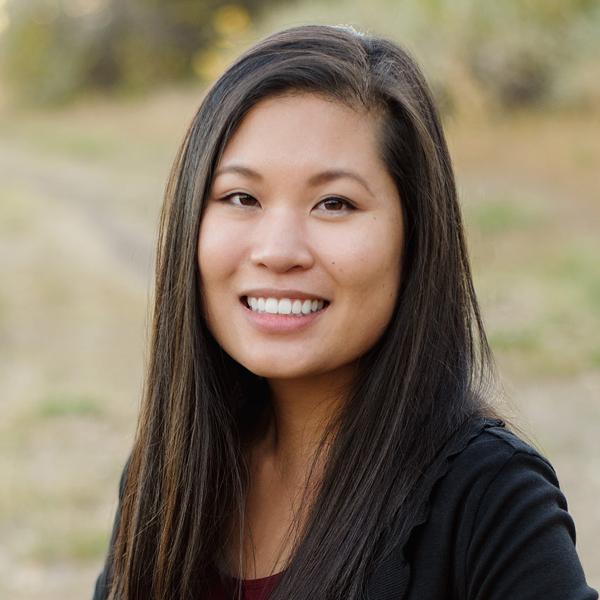If you asked me a few years ago where I saw myself in five years, the answer would have been “practicing optometry.”
My undergraduate career at the University of Colorado Boulder was filled with pre-med courses, and I planned on becoming a health care provider. I studied for months to take the optometry admissions test, pored hours into applications and interviews, packed my things, and was well on my way.
So, what changed?
Don’t get me wrong; I still find eyes to be extremely interesting. (I mean, bending and focusing light to send electrical signals to your brain so that it can interpret what you’re seeing is pretty cool.) But something wasn’t right.
A common misconception is that you only need to see an optometrist if your vision is fuzzy. That if you don’t wear glasses or contacts, you never have to go to an eye doctor. That bothered me, though at the time I didn’t know why.
It also bothered me that some children in elementary school struggle academically because of vision problems. If you’re a Denver Broncos fan like I am, or just a fan of Von Miller, you might also know there are students from families with lower incomes, including some right here in Denver, who can’t afford glasses. (If not, you might want to check out Von’s Vision, a foundation established by the linebacker to provide low-income children with eyecare and corrective eyewear.)
With my innate desire to help others and make the world a better place, I was questioning whether being an optometrist was the right career for me. Direct patient care was one option, but I was searching for something different.
I continued to work in health care, transitioning from optometry to occupational and physical therapy, and later to primary care. Eventually, I began work as a Clinical Quality Improvement Manager. I spent time tracking measures and metrics to monitor patient health outcomes and ensure that patients were getting the care they should. But why weren’t some patients getting the care they needed in the first place? In trying to improve the quality of – and access to – health care, I turned to the bigger picture, gathering and analyzing data to help practices, providers, and health care systems become better. It is there that I found public health – a field that would allow me to focus on systemic issues that affect people’s health.
With a newfound passion, I pursued my master’s in public health and was excited to be learning about health equity, program evaluation, health policy, and all things public health related. Fast forward to March 2020 and everything that has come afterward, from the ongoing COVID-19 pandemic to raging wildfires to the events that have brought much-needed and renewed attention to social justice issues.
I am reminded of the need to look for silver linings.
I am grateful for the opportunity to join the Colorado Health Institute (CHI) at a critical time in history, when “public health” is a household term and social justice is at the forefront of many minds. I am excited to be part of an organization like CHI where I feel I can do the most good to improve the health of Coloradans. And, while I may not be an optometrist as originally planned, I am motivated to continue learning and working in hopes of advancing health equity and a vision of making a positive impact in the community where I live, work, and play
Related Blogs and Research


